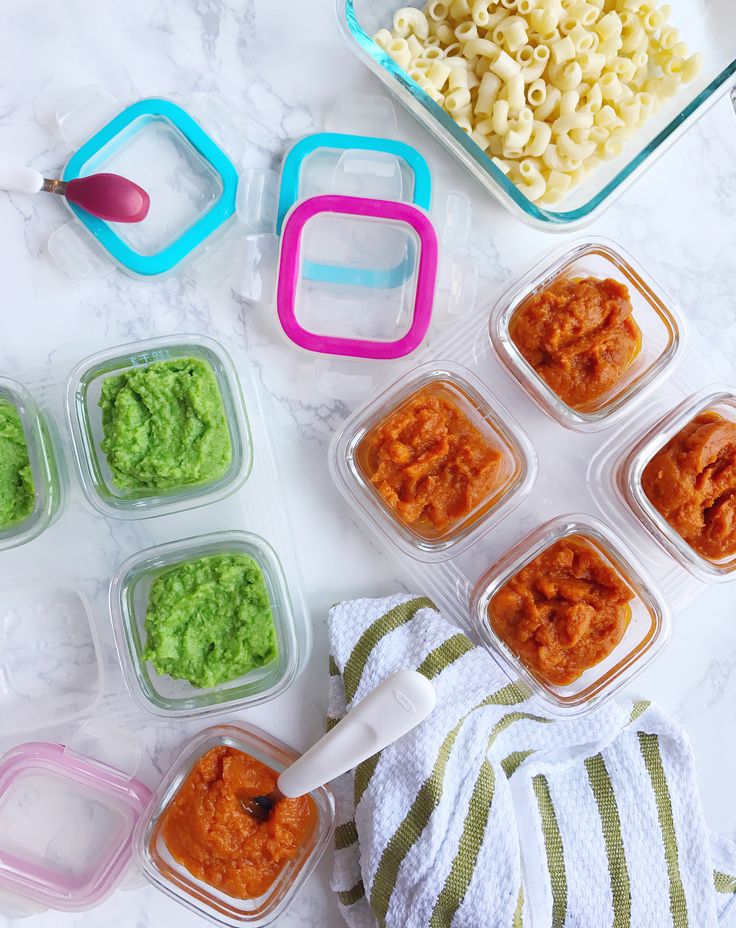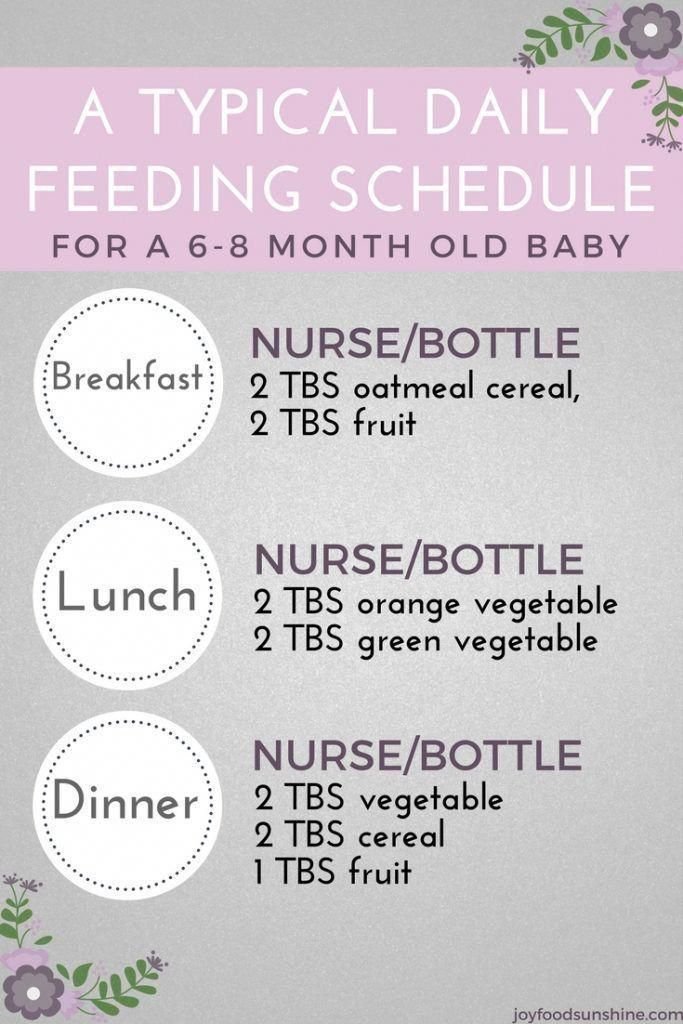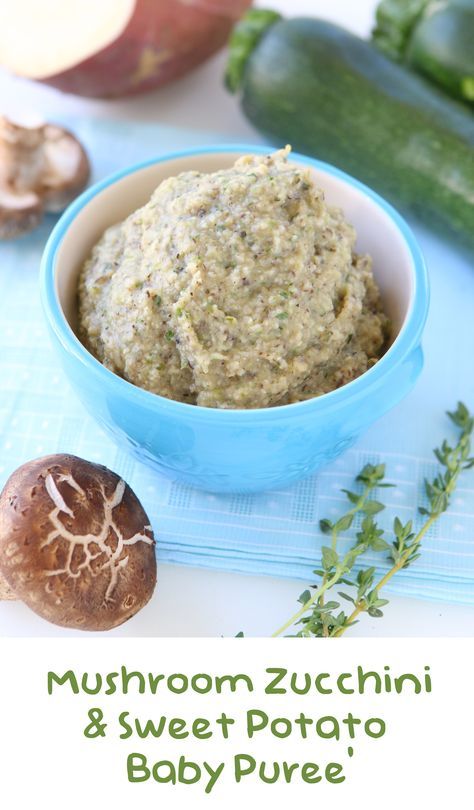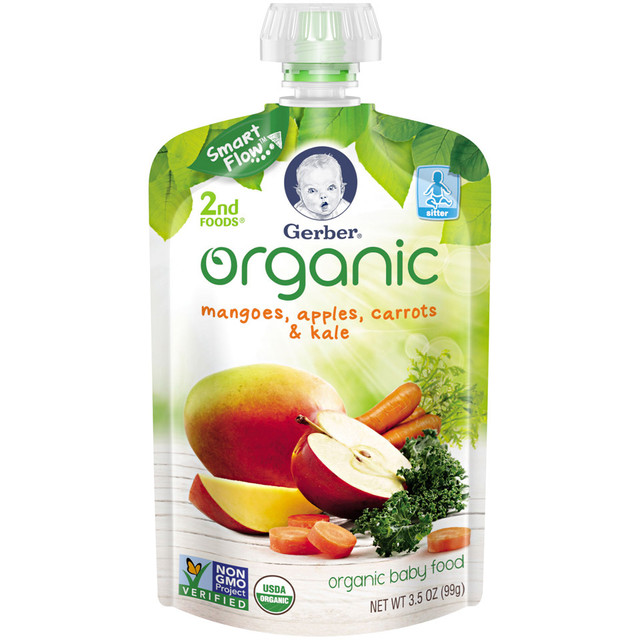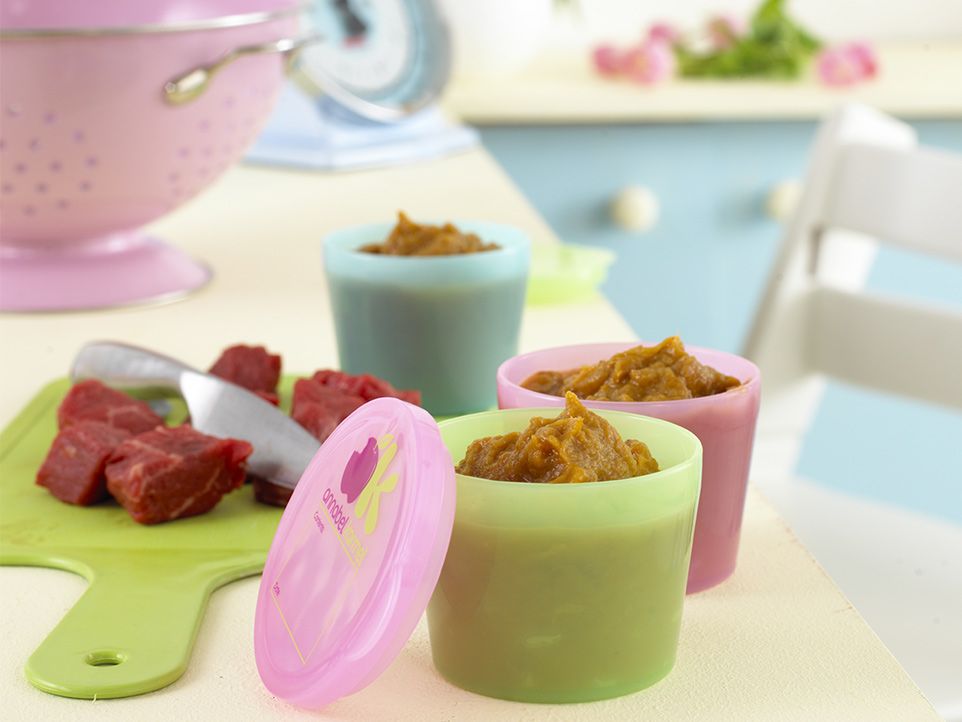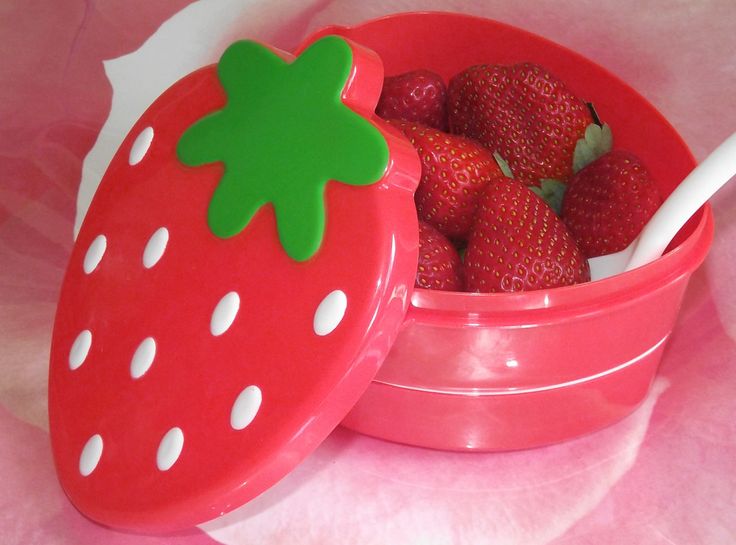Nhs baby food
Your baby's first solid foods
When to start introducing solid foods
Introducing your baby to solid foods, sometimes called complementary feeding or weaning, should start when your baby is around 6 months old.
At the beginning, how much your baby eats is less important than getting them used to the idea of eating.
They'll still be getting most of their energy and nutrients from breast milk or first infant formula.
Giving your baby a variety of foods, alongside breast or formula milk, from around 6 months of age will help set your child up for a lifetime of healthier eating.
Gradually, you'll be able to increase the amount and variety of food your baby eats until they can eat the same foods as the rest of the family, in smaller portions.
If your baby was born prematurely, ask your health visitor or GP for advice on when to start introducing solid foods.
Why wait until around 6 months to introduce solids?
It’s a good idea to wait until around 6 months before introducing solid foods because:
- breast milk or first infant formula provide the energy and nutrients your baby needs until they're around 6 months old (with the exception of vitamin D in some cases)
- if you're breastfeeding, feeding only breast milk up to around 6 months of age will help protect your baby against illness and infections
- waiting until around 6 months gives your baby time to develop so they can cope fully with solid foods – this includes solid foods made into purées, cereals and baby rice added to milk
- your baby will be more able to feed themselves
- your baby will be better at moving food around their mouth, chewing and swallowing it – this may mean they'll be able to progress to a range of tastes and textures (such as mashed, lumpy and finger foods) more quickly, and may not need smooth, blended foods at all
Signs your baby is ready for solid foods
There are 3 clear signs which, when they appear together from around 6 months of age, show your baby is ready for their first solid foods alongside breast milk or first infant formula.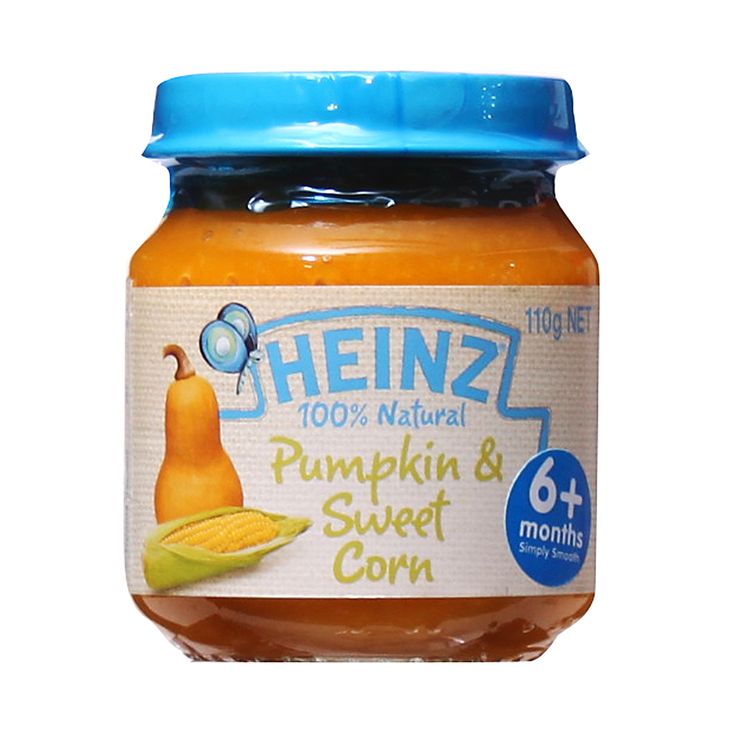
They'll be able to:
- stay in a sitting position and hold their head steady
- co-ordinate their eyes, hands and mouth so they can look at the food, pick it up and put it in their mouth by themselves
- swallow food (rather than spit it back out)
The following behaviours can be mistaken by parents as signs that their baby is ready for solid foods:
- chewing their fists
- waking up in the night (more than usual)
- wanting extra milk feeds
These are all normal behaviours for babies and not necessarily a sign that they're hungry or ready to start solid food.
Starting solid foods will not make your baby any more likely to sleep through the night. Sometimes a little extra milk will help until they're ready for solid foods.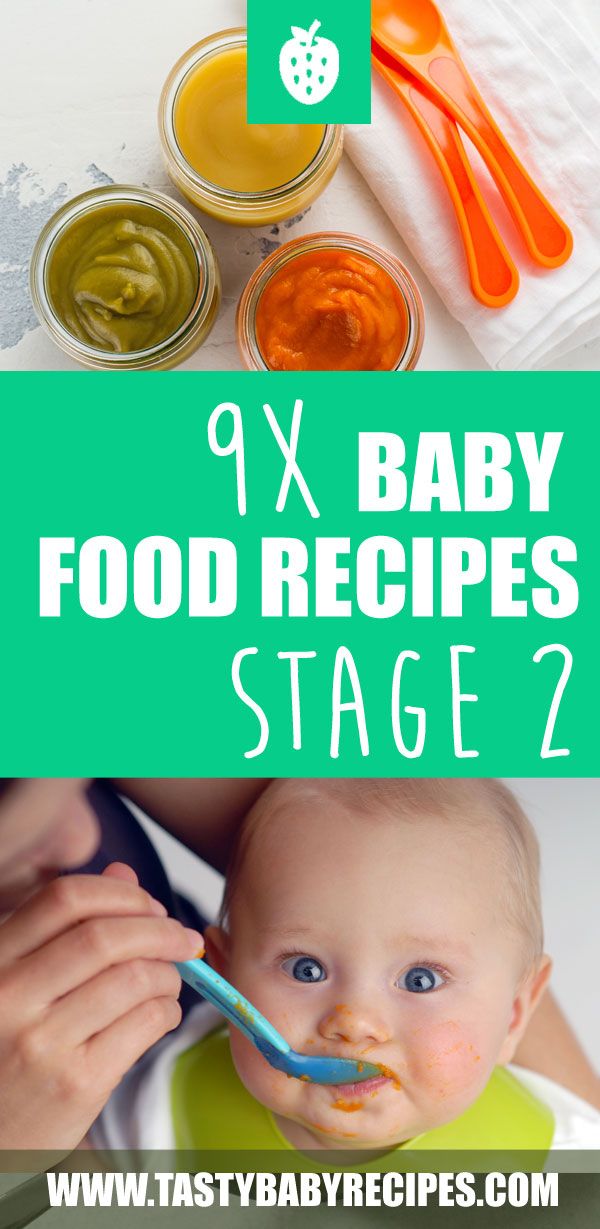
Get tips to help your baby sleep well
How to start solid foods
In the beginning your baby will only need a small amount of food before their usual milk feed.
Do not worry about how much they eat. The most important thing is getting them used to new tastes and textures, and learning how to move solid foods around their mouths and how to swallow them.
They'll still be getting most of their energy and nutrients from breast milk or infant formula.
There are some foods to avoid giving to your baby. For example, do not add sugar or salt (including stock cubes and gravy) to your baby's food or cooking water.
Babies should not eat salty foods as it's not good for their kidneys, and sugar can cause tooth decay.
Tips to get your baby off to a good start with solid foods:
- Eating is a whole new skill.
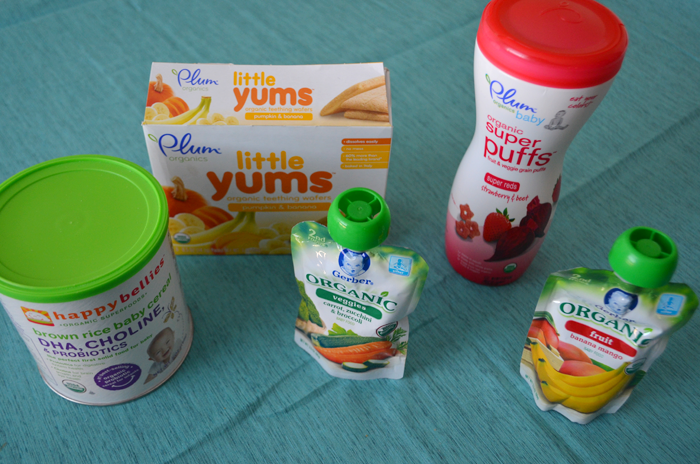 Some babies learn to accept new foods and textures more quickly than others. Keep trying, and give your baby lots of encouragement and praise.
Some babies learn to accept new foods and textures more quickly than others. Keep trying, and give your baby lots of encouragement and praise. - Allow plenty of time, especially at first.
- Go at your baby's pace and let them show you when they're hungry or full. Stop when your baby shows signs that they've had enough. This could be firmly closing their mouth or turning their head away. If you're using a spoon, wait for your baby to open their mouth before you offer the food. Do not force your baby to eat. Wait until the next time if they're not interested this time.
- Be patient and keep offering a variety of foods, even the ones they do not seem to like. It may take 10 tries or more for your baby to get used to new foods, flavours and textures. There will be days when they eat more, some when they eat less, and then days when they reject everything. Do not worry, this is perfectly normal.
- Let your baby enjoy touching and holding the food.
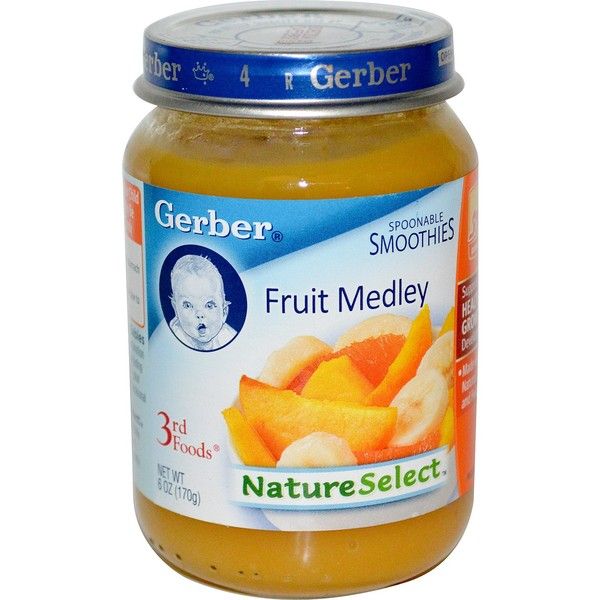 Allow them to feed themselves, using their fingers, as soon as they show an interest. If you're using a spoon, your baby may like to hold it or another spoon to try feeding themselves.
Allow them to feed themselves, using their fingers, as soon as they show an interest. If you're using a spoon, your baby may like to hold it or another spoon to try feeding themselves. - Keep distractions to a minimum during mealtimes and avoid sitting your baby in front of the television, phone or tablet.
- Show them how you eat. Babies copy their parents and other children. Sit down together for family mealtimes as much as possible.
Texture progression
Once you've started introducing solid foods from around 6 months of age, try to move your baby on from puréed or blended foods to mashed, lumpy or finger foods as soon as they can manage them.
This helps them learn how to chew, move solid food around their mouth and swallow.
Some babies like to start with mashed, lumpy or finger foods.
Other babies need a little longer to get used to new textures, so may prefer smooth or blended foods on a spoon at first.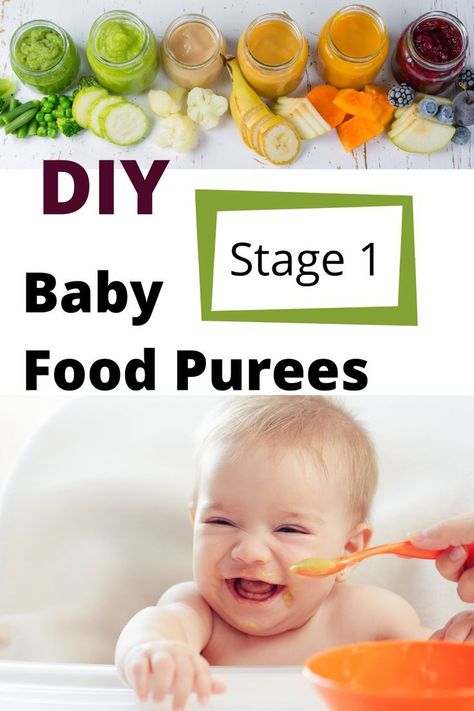
Just keep offering them lumpy textures and they'll eventually get used to it.
Safety and hygiene
When introducing your baby to solid foods, it's important to take extra care to not put them at risk.
Key food safety and hygiene advice:
- always wash your hands before preparing food and keep surfaces clean
- cool hot food and test it before giving it to your baby
- wash and peel fruit and raw vegetables
- avoid hard foods like whole nuts, or raw carrot or apple
- remove hard pips and stones from fruits, and bones from meat or fish
- cut small, round foods, like grapes and cherry tomatoes, into small pieces
- eggs produced under the British Lion Code of Practice (stamped with the red lion) are considered very low risk for salmonella and safe for babies to eat partially cooked
Always stay with your baby when they're eating in case they start to choke.
Choking is different from gagging. Your baby may gag when you introduce solid foods.
This is because they're learning how to deal with solid foods and regulate the amount of food they can manage to chew and swallow at one time.
If your baby is gagging:
- their eyes may water
- they might push their tongue forward (or out of their mouth)
- they might retch to bring the food forward in their mouth or vomit
Equipment checklist
- High chair. Your baby needs to be sitting safely in an upright position (so they can swallow properly). Always use a securely fitted safety harness in a high chair. Never leave babies unattended on raised surfaces.
- Plastic or pelican bibs. It's going to be messy at first!
- Soft weaning spoons are gentler on your baby's gums.
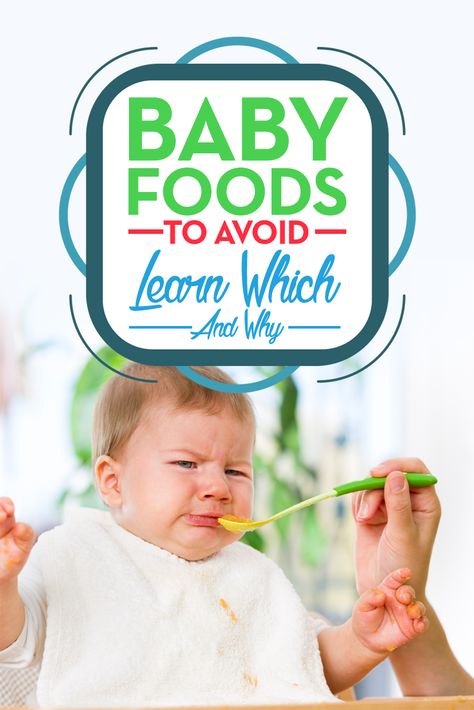
- Small plastic bowl. You may find it useful to get a special weaning bowl with a suction base to keep the bowl in place.
- First cup. Introduce a cup from around 6 months and offer sips of water with meals. Using an open cup or a free-flow cup without a valve will help your baby learn to sip and is better for their teeth.
- A messy mat or newspaper sheets under the high chair to catch most of the mess.
- Plastic containers and ice cube trays can be helpful for batch cooking and freezing small portions.
Find out more:
- tips to help your baby enjoy new foods
- children's food: safety and hygiene
- foods to avoid giving babies and young children
- how to stop a child from choking
- baby and toddler safety
Feeding your baby: from 0 to 6 months
Breast milk is the best food your baby can have during their first 6 months of life.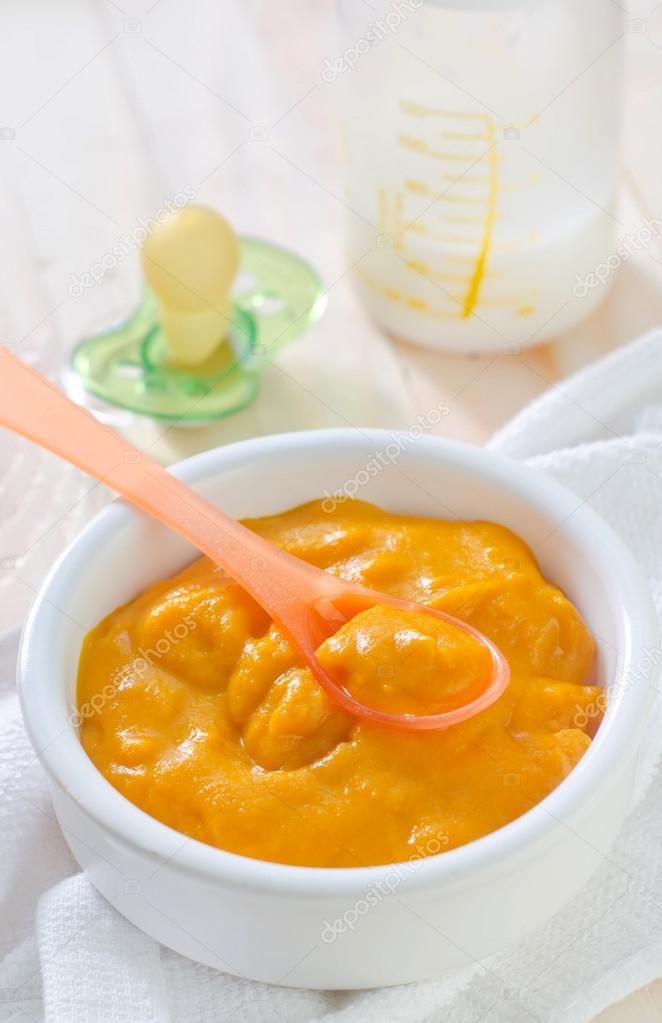
It's free, always available and at the perfect temperature, and is tailor-made for your baby.
First infant formula is the only suitable alternative if you do not breastfeed or choose to supplement breast milk.
Other milks or milk substitutes, including cows' milk, should not be introduced as a main drink until 12 months of age.
"Follow-on" formula is not suitable for babies under 6 months, and you do not need to introduce it after 6 months.
Babies do not need baby rice to help them move to solid foods or sleep better.
When using a bottle, do not put anything (such as sugar or cereals) in it other than breast milk or infant formula.
Vitamins for babies
It's recommended that breastfed babies are given a daily supplement containing 8.5 to 10 micrograms (µg) of vitamin D from birth, whether or not you're taking a supplement containing vitamin D yourself.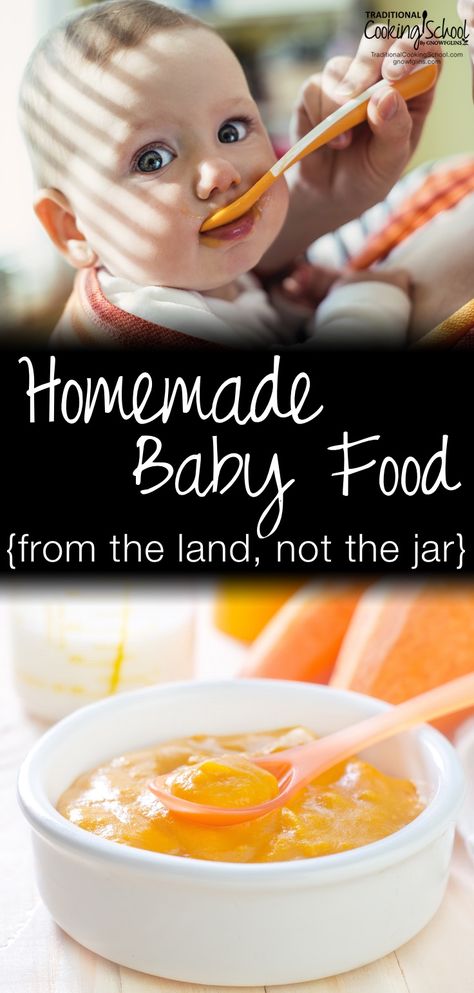
Babies having 500mls (about a pint) or more of formula a day should not be given vitamin supplements.
This is because formula is fortified with vitamin D and other nutrients.
All children aged 6 months to 5 years should be given vitamin supplements containing vitamins A, C and D every day.
Find out more:
- benefits of breastfeeding
- how to make up baby formula
- vitamins for children
Feeding your baby: from around 6 months
When they first start having solid foods, babies do not need 3 meals a day. Babies have tiny tummies, so start by offering them small amounts of food (just a few pieces, or teaspoons of food).
Pick a time that suits you both, when you do not feel rushed and your baby is not too tired.
Start offering them food before their usual milk feed as they might not be interested if they're full, but do not wait until your baby is too hungry.
Allow plenty of time and let your baby go at their own pace.
Keep offering different foods, even foods your baby has already rejected.
It can take 10 tries or more before your baby will accept a new food or texture, particularly as they get older.
Your baby will still be getting most of their energy and nutrients from breast milk or first infant formula.
Breast milk or infant formula should be their main drink during the first year. Do not give them whole cows' (or goats' or sheep's) milk as a drink until they're 1 year old.
You can continue breastfeeding for as long as you both want.
Introduce a cup from around 6 months and offer sips of water with meals. Using an open cup or a free-flow cup without a valve will help your baby learn to sip and is better for their teeth.
Using an open cup or a free-flow cup without a valve will help your baby learn to sip and is better for their teeth.
First foods
You might want to start with single vegetables and fruits.
Try mashed or soft cooked sticks of parsnip, broccoli, potato, yam, sweet potato, carrot, apple or pear.
Include vegetables that are not sweet, such as broccoli, cauliflower and spinach.
This will help your baby get used to a range of flavours (rather than just the sweeter ones, like carrots and sweet potato) and might help prevent them being fussy eaters as they grow up.
Make sure any cooked food has cooled right down before offering it to your baby.
Foods containing allergens (such as peanuts, hens' eggs, gluten and fish) can be introduced from around 6 months of age, 1 at a time and in small amounts so you can spot any reaction.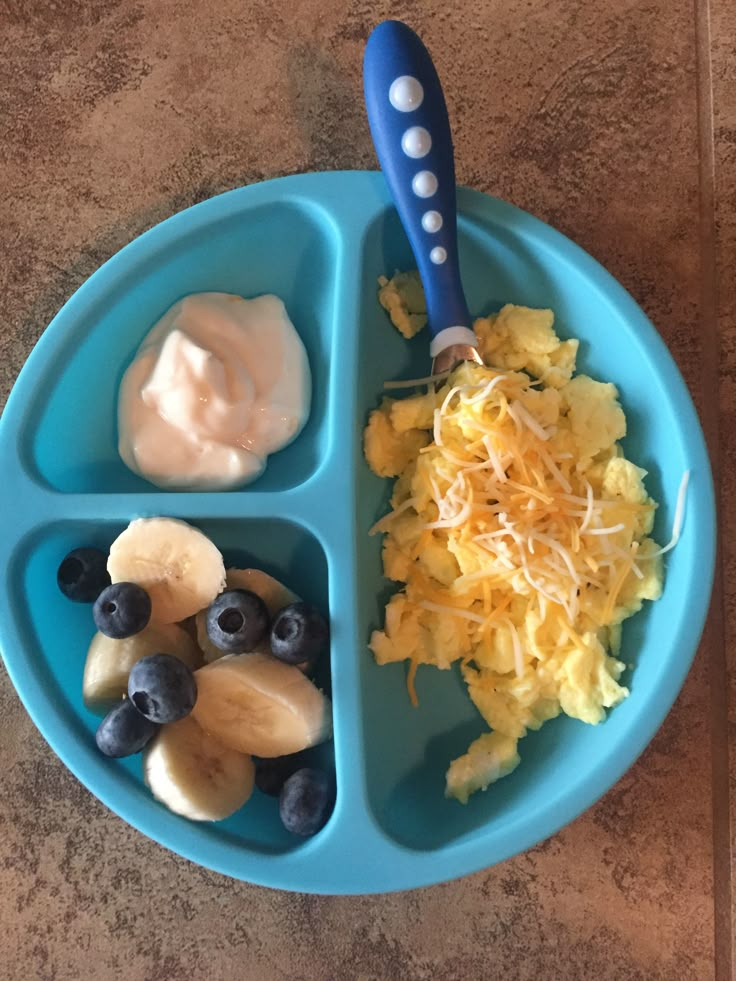
Cows' milk can be used in cooking or mixed with food from around 6 months of age, but should not be given as a drink until your baby is 1 year old.
Full-fat dairy products, such as pasteurised cheese and plain yoghurt or fromage frais, can be given from around 6 months of age. Choose products with no added sugar.
Remember, babies do not need salt or sugar added to their food (or cooking water).
Finger foods
As soon as your baby starts solid foods, encourage them to be involved in mealtimes and have fun touching, holding and exploring food.
Let them feed themselves with their fingers when they want to. This helps develop fine motor skills and hand-eye co-ordination.
Your baby can show you how much they want to eat, and it gets them familiar with different types and textures of food.
Offering your baby finger foods at each meal is a good way to help them learn to self-feed.
Finger food is food that's cut up into pieces big enough for your baby to hold in their fist with a bit sticking out.
Pieces about the size of your own finger work well.
Start off with finger foods that break up easily in their mouth and are long enough for them to grip.
Avoid hard food, such as whole nuts or raw carrots and apples, to reduce the risk of choking.
Examples of finger foods include:
- soft cooked vegetables, such as carrot, broccoli, cauliflower, parsnip, butternut squash
- fruit (soft, or cooked without adding sugar), such as apple, pear, peach, melon, banana
- grabbable bits of avocado
- cooked starchy foods, such as potato, sweet potato, cassava, pasta, noodles, chapatti, rice
- pulses, such as beans and lentils
- fish without bones
- hardboiled eggs
- meat without bones, such as chicken and lamb
- sticks of pasteurised full-fat hard cheese (choose lower salt options)
Baby-led weaning
Baby-led weaning means giving your baby only finger foods and letting them feed themselves from the start instead of feeding them puréed or mashed food on a spoon.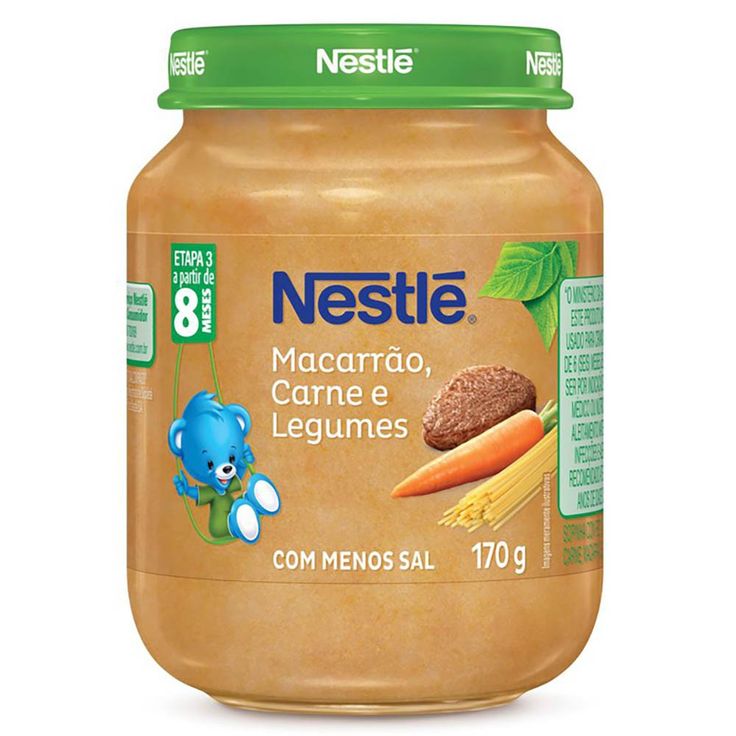
Some parents prefer baby-led weaning to spoon feeding, while others do a combination of both.
There's no right or wrong way. The most important thing is that your baby eats a wide variety of food and gets all the nutrients they need.
There's no more risk of choking when a baby feeds themselves than when they're fed with a spoon.
Find out more:
- help your baby enjoy new foods
- drinks and cups for babies and young children
- food allergies in babies and young children
- foods to avoid giving babies and young children
Feeding your baby: from 7 to 9 months
From about 7 months, your baby will gradually move towards eating 3 meals a day (breakfast, lunch and tea), in addition to their usual milk feeds, which may be around 4 a day (for example, on waking, after lunch, after tea and before bed).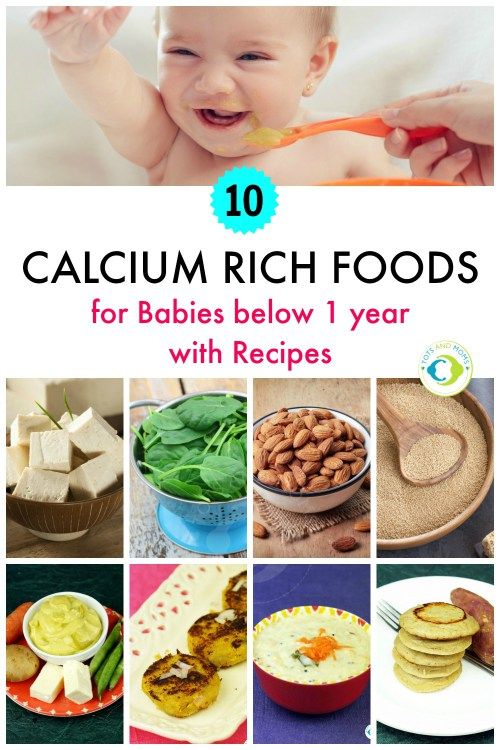
As your baby eats more solid foods, they may want less milk at each feed or even drop a milk feed altogether.
If you're breastfeeding, your baby will adapt their feeds according to how much food they're having.
As a guide, formula-fed babies may need around 600ml of milk a day.
Gradually increase the amount and variety of food your baby is offered to ensure they get the energy and nutrients they need.
Try to include food that contains iron, such as meat, fish, fortified breakfast cereals, dark green vegetables, beans and lentils, at each meal.
Your baby's diet should consist of a variety of the following:
- fruit and vegetables, including ones with bitter flavours, such as broccoli, cauliflower, spinach and cabbage
- potatoes, bread, rice, pasta and other starchy foods
- beans, pulses, fish, eggs, meat and other non-dairy sources of protein
- pasteurised full-fat dairy products, such as plain yoghurt and cheese (choose lower salt options)
As your baby becomes a more confident eater, remember to offer them more mashed, lumpy and finger foods.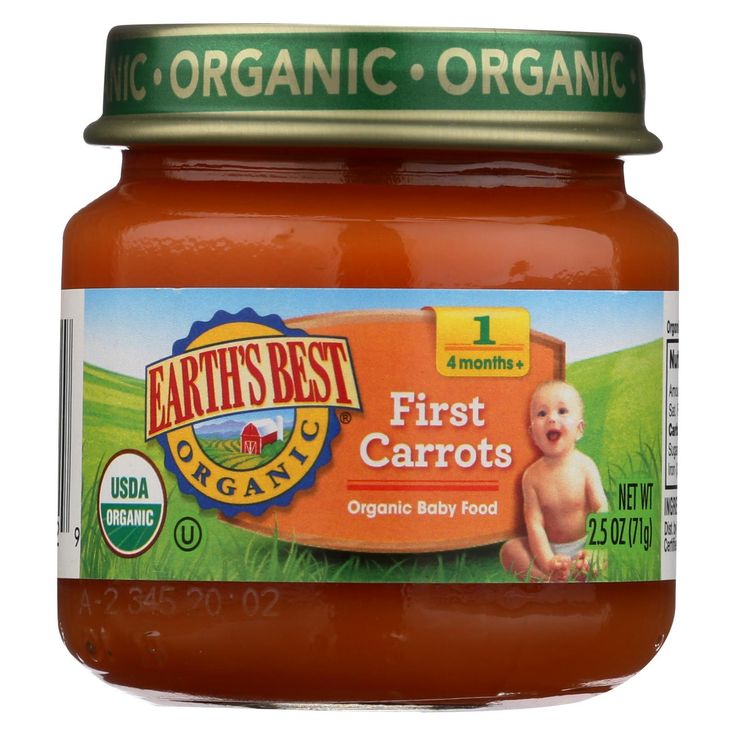
Providing finger foods as part of each meal helps encourage infants to feed themselves, develop hand and eye co-ordination, and learn to bite off, chew and swallow pieces of soft food.
Remember, babies do not need salt or sugar added to their food (or cooking water).
Feeding your baby: from 10 to 12 months
From about 10 months, your baby should now be having 3 meals a day (breakfast, lunch and tea), in addition to their usual milk feeds.
Around this age, your baby may have about 3 milk feeds a day (for instance, after breakfast, after lunch and before bed).
Breastfed babies will adapt their milk consumption as their food intake changes.
As a guide, babies fed infant formula will drink about 400ml daily.
Remember that formula-fed babies should take a vitamin D supplement if they're having less than 500ml of formula a day.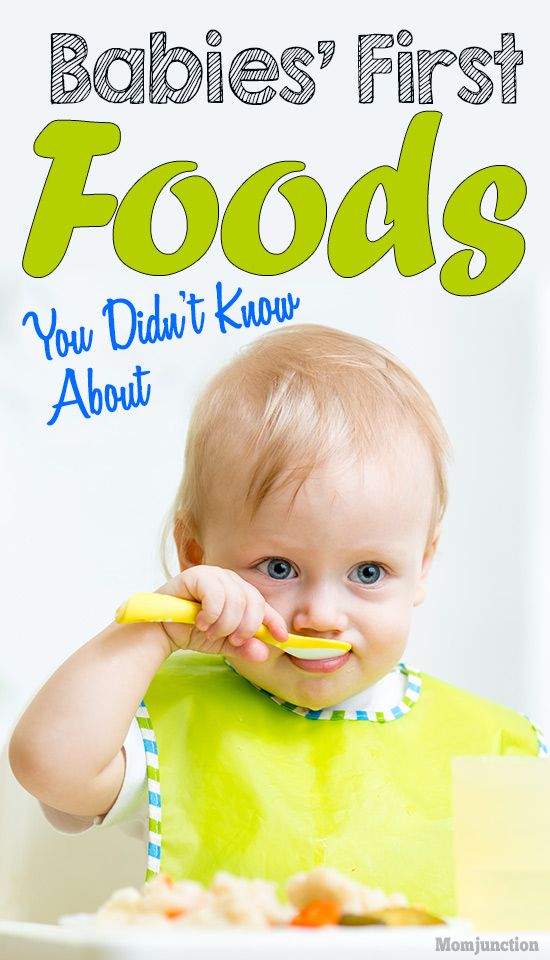
All breastfed babies should take a vitamin D supplement.
By now, your baby should be enjoying a wide range of tastes and textures.
They should be able to manage a wider range of finger foods, and be able to pick up small pieces of food and move them to their mouth. They'll use a cup with more confidence.
Lunches and teas can include a main course, and a fruit or unsweetened dairy-based dessert, to move eating patterns closer to those of children over 1 year.
As your baby grows, eating together as a family encourages them to develop good eating habits.
Remember, babies do not need salt or sugar added to their food (or cooking water).
Feeding your baby: from 12 months
From 12 months, your child will be eating 3 meals a day containing a variety of different foods, including:
- a minimum of 4 servings a day of starchy food, such as potatoes, bread and rice
- a minimum of 4 servings a day of fruit and vegetables
- a minimum of 350ml milk or 2 servings of dairy products (or alternatives)
- a minimum of 1 serving a day of protein from animal sources (meat, fish and eggs) or 2 from vegetable sources (dhal, beans, chickpeas and lentils)
Your child may also need 2 healthy snacks in between meals.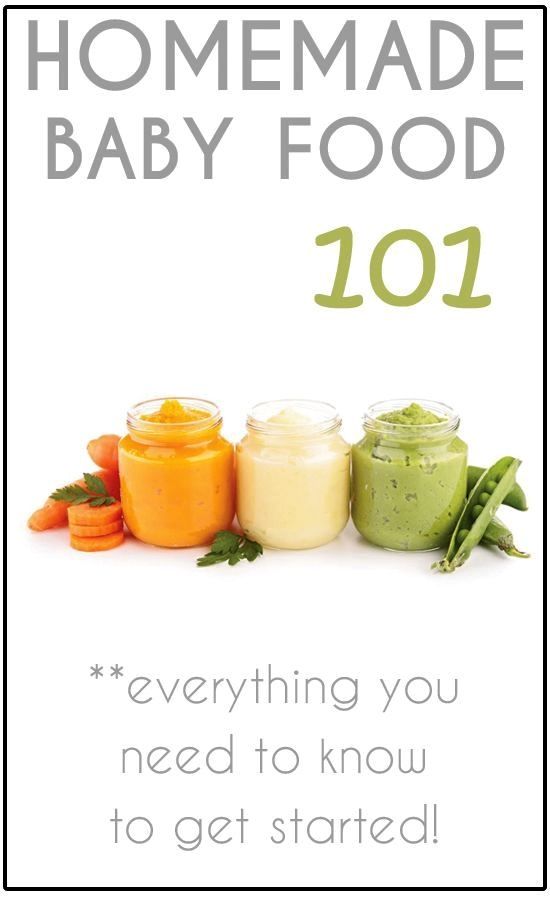
Go for things like:
- fresh fruits, such as apple, banana or small pieces of soft, ripe, peeled pear or peach
- cooked or raw vegetable, such as broccoli florets, carrot sticks or cucumber sticks
- pasteurised plain full-fat yoghurt
- sticks of cheese (choose a lower salt option)
- toast, pitta or chapatti fingers
- unsalted and unsweetened rice or corn cakes
The World Health Organization recommends that all babies are breastfed for up to 2 years or longer.
You can keep breastfeeding for as long as it suits you both, but your child will need less breast milk to make room for more foods.
Once your child is 12 months old, infant formula is not needed and toddler milks, growing-up milks and goodnight milks are also unnecessary.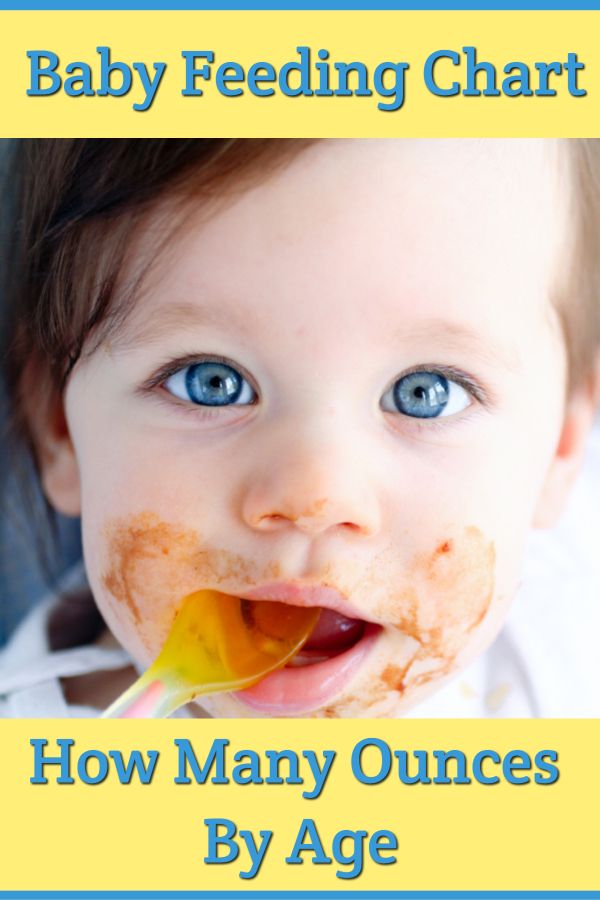
Your baby can now drink whole cows' milk. Choose full-fat dairy products, as children under 2 years old need the vitamins and extra energy found in them.
From 2 years old, if they're a good eater and growing well, they can have semi-skimmed milk.
From 5 years old, 1% fat and skimmed milk is OK.
You can give your child unsweetened calcium-fortified milk alternatives, such as soya, oat or almond drinks, from the age of 1 as part of a healthy, balanced diet.
Children under 5 years old should not be given rice drinks because of the levels of arsenic in these products.
Find out more:
- what to feed young children
- foods to avoid giving babies and young children
- drinks and cups for babies and young children
- vitamins for children
Get Start4Life pregnancy and baby emails
For information and advice you can trust, sign up for weekly Start4Life pregnancy and baby emails.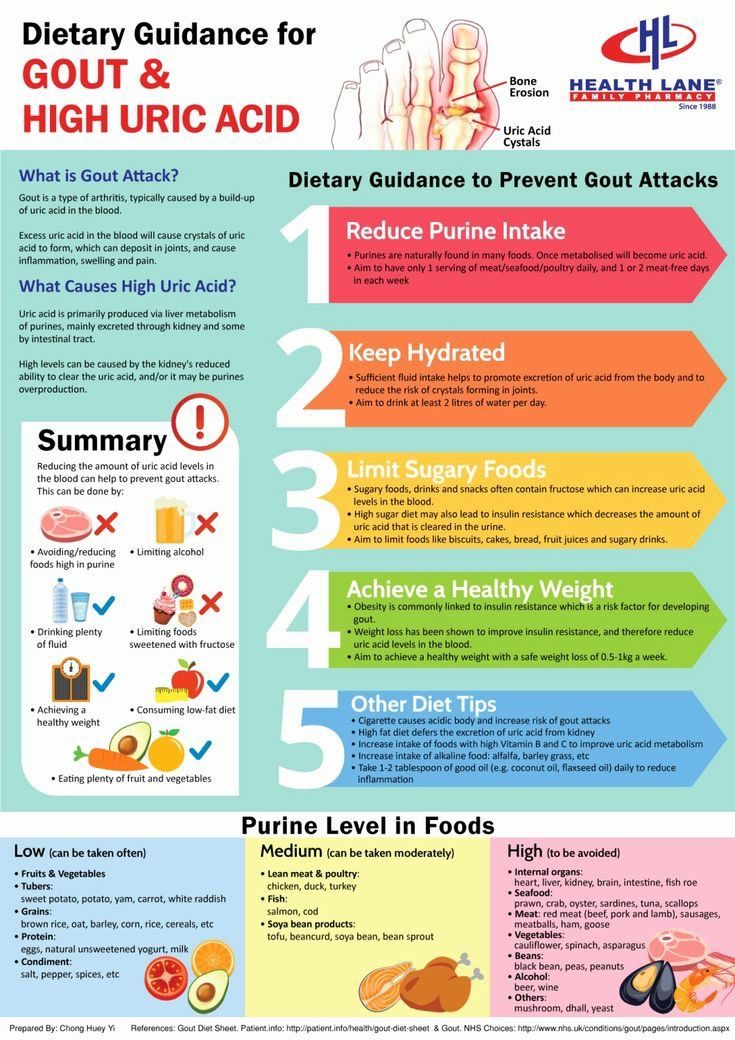
Getting Ready | Weaning | Start for Life
By the time your baby is around 6 months old, they need more than breast milk or first infant formula to meet their needs. At this stage, they need solid foods as well – not as a replacement, but alongside their usual breast milk or first infant formula (which is why it's also known as "complementary feeding"). Weaning teaches your baby how to move solid food around their mouth, chew and swallow solid foods.
How much will they eat?
How much your baby eats depends on their appetite, so let your baby guide you on how much food they need – never force them to eat. In the same way you follow your baby’s cues when offering them breast or bottle feeds, be responsive to your baby when giving them solid foods, and learn to recognise when they're hungry and when they've had enough.
Is there a good time of day?
The best time of day is the one that suits you both, when you don’t feel rushed and your baby is not too tired.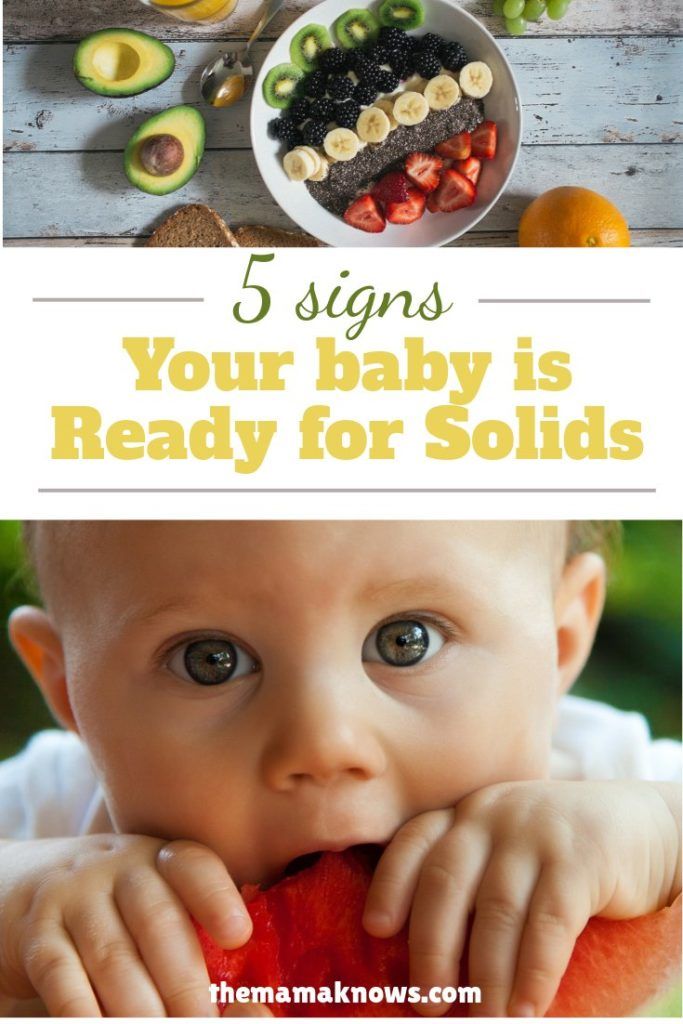 Don’t forget eating is a whole new skill - your baby may take to it like a duck to water, or it might take them a while! Allow plenty of time, go at your baby’s pace and stop when they show signs that they’ve had enough.
Don’t forget eating is a whole new skill - your baby may take to it like a duck to water, or it might take them a while! Allow plenty of time, go at your baby’s pace and stop when they show signs that they’ve had enough.
Fussy eater?
It may take 10 tries or more for your baby to get used to new foods, flavours and textures. There will be days when they eat more, some when they eat less, and then days when they reject everything. Don’t worry – this is perfectly normal. Be patient and keep offering a variety of foods, even the ones they don’t seem to like, and let them get used to it in their own time.
What you need – here are some suggestions to get you started
High chair – your baby needs to be sitting safely and strapped in, in an upright position (so they can swallow properly)
First cup – encourage your baby to sip water from a cup with their meals (instead of a bottle). Open cups or free-flow cups (without a valve) help your baby learn to sip and is better for their teeth
Spoons – soft weaning spoons, usually made of rubber or plastic, are easier on your baby’s gums
Plastic bowls – ideally the ones with a suction base, otherwise they’re likely to end up on the floor!
Ice cube trays – very useful for batch cooking and freezing small portions
Bibs – easy to clean plastic or pelican bibs are best in the beginning
Messy mat – or even newspaper under the high chair, handy for messy eaters!
Vegetarian or vegan diets
Advice on introducing solid foods from around 6 months is the same for vegetarian and vegan babies, as it is for non-vegetarian babies.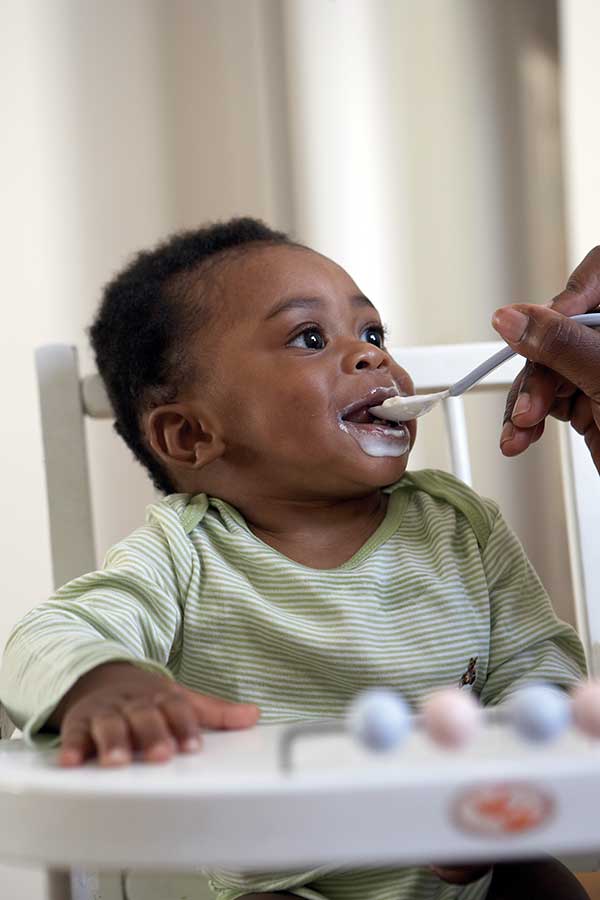
Babies and young children on a vegetarian or vegan diet can get the energy and most of the nutrients they need to grow and develop from a well-planned, varied and balanced diet. It's important to remember that cows' milk and dairy foods are good sources of nutrients, so don't cut them out of your child's diet without first speaking to a GP or dietitian – they can advise you on suitable milk alternatives.
Your baby might also need specific supplements in addition to the usual vitamin supplements recommended for all babies. Babies who have a vegan diet or a vegetarian diet that doesn't include dairy or eggs, need a supplement containing vitamin B12, or foods with fortified B12. Ask a health professional for advice.
Infant formula (based on either cows' milk or goats' milk) is the only suitable alternative to breast milk for babies under 12 months old. Soya-based formula should only be used on medical advice.
From the age of 1, you can give your baby unsweetened, calcium-fortified, plant-based drinks (such as soya, oat and almond drinks) as part of a healthy balanced diet.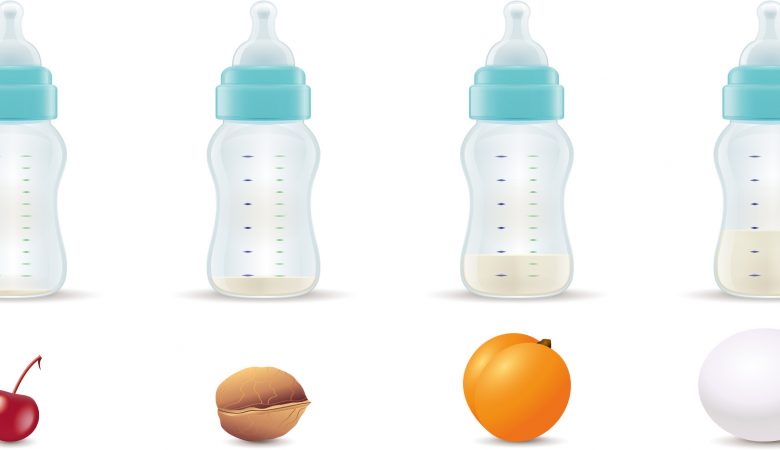 Introduce plant-based drinks one at a time, in very small amounts so you can spot any allergic reaction.
Introduce plant-based drinks one at a time, in very small amounts so you can spot any allergic reaction.
Have a look at the NHS website to see which foods and vitamins should be included in your baby's diet.
For advice on vegan diets, have a look at First Steps Nutrition - you can download their guide "Eating Well: Vegan infants and under 5s" or order a hard copy.
Baby food, hygiene and development with free home delivery from VkusVill
Hide categories Show categories
Filters
All filters
Clear filters
Reset all
Found
Filters
Default
- Default
- Price Ascending
- Descending price
1
Supermarket
Quick view
New Year's advent calendar "TV"
1 piece0004 Quick view
Advent calendar_RP
1 piece
200 rub 200.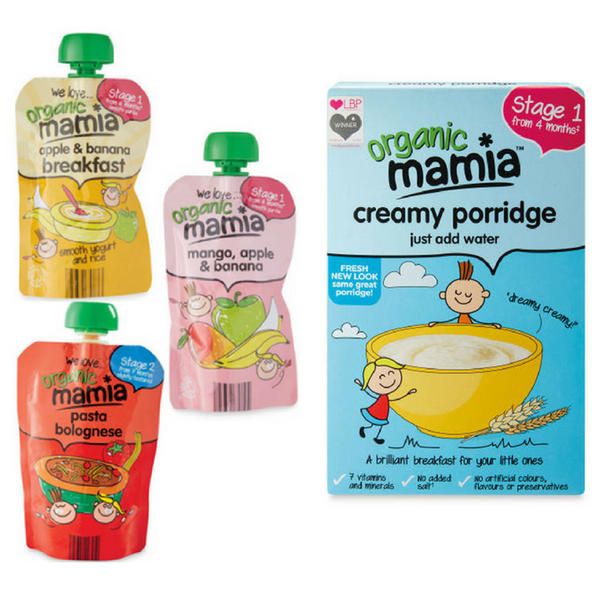 00 200.00
00 200.00
New
3
Supermarket
Quick view
Magnetic alphabet with tasks
870 rub 870.00 870.00
4
Supermarket
Quick view0003
5
For children 1+
Quick view
VkusVill sketchbook
200 g
98 rub 98.00 98.00
6
Quick view
Aerosol against ticks and mosquitoes
100 ml0003
Endangered species
7
Quick view
“Cool” broiler chicken bytes
300 g
218 rub 218.00 218.00
8
Quick view
Conditioner for baby clothes_RP
900 g0.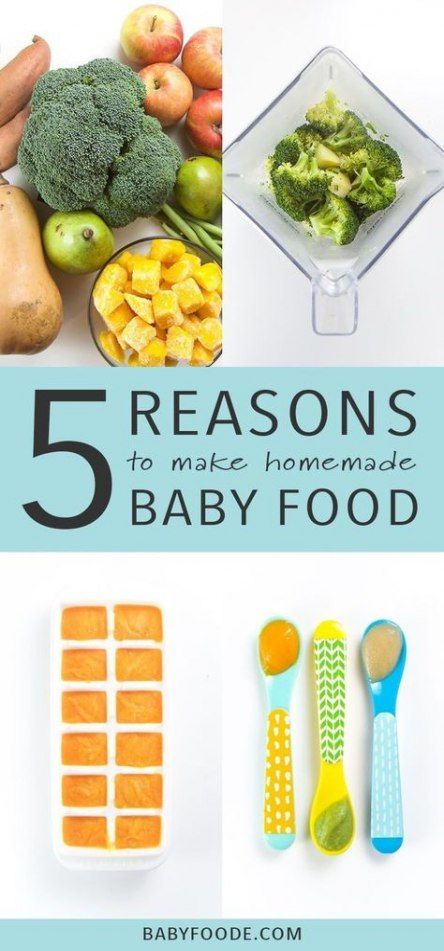 00 190.00
00 190.00
9
Supermarket
Quick view
Bar for children FrutoNanny fruit and cereal Apple banana and strawberry from 12 months 25 g
25 g
RUB 39 RUB 45 39.00 45.00
Valid until 31.01
with loyalty card
10
Supermarket
Quick view
FrutoNyanya fruit and cereal bar Apple peach and raspberry from 12 months 25 g
25 g
RUB 39 RUB 45 39.00 45.00
Valid until 31.01
with loyalty card
11
Quick view
Fruit and nut bar “Strawberry” for children
25 g
55 rub 55.00 55.00
12
Quick view
Mandarin fruit and nut bar for children
25 g
RUB 55 55.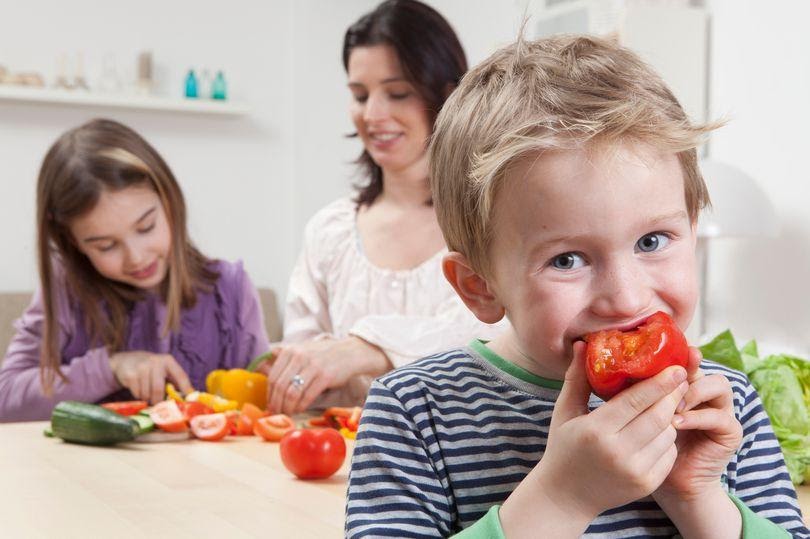 00 55.00
00 55.00
13
Quick View
Apple-banana fruit and nut bar for children
25 g
55 rub 55.00 55.00
14
Quick view
Drinking bioyoghurt for children with strawberries 2.5%
210 g
48 rub 48.00 48.00
15
Quick view
Drinking bioyoghurt for children with peach 2.5%
210 g
0003
16
Quick view
Bioyogurt for children with cherries 2.5%
210 g0003
17
Quick view
Children's bioyoghurt with mango without added sugar 2. 5%
5%
210 g
0003
18
Quick view
Biolact for children without add. sugar 3.2%
210 g
RUB 43 43.00 43.00
19
Quick view0003
20
Quick view0003
21
Quick view0003
22
Quick view0003
23
Quick view0003
24
Quick view
Rabbit meatballs with celery and potato puree
190 g
278 rub 278.00 278.00
Baby food - BABYBOOM
Baby food online store
Catalog
Search
Catalog / Children food
Sort by:
Food additives
Cereals, flakes, cereals
Pasta
nine0020Dairy products
Drinks
Cookies, dryers, bars, marmalade
Puree
Formulas and milk substitutes
Nan Optipro 3 milk drink 800 gr.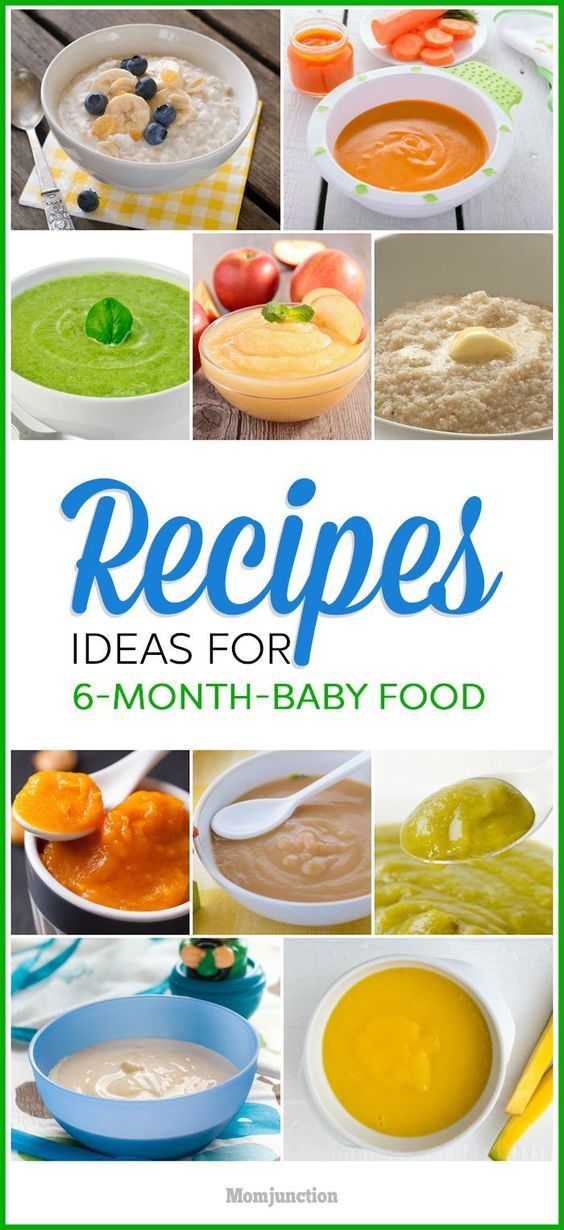 nine0003
nine0003
26
1,777.861 244.50 Р
– 30% Bestseller
Nan Optipro 4 milk drink 400 gr.
4
776.28698.65 Р
– 10% Bestseller
Similac anti-reflux milk formula 375 gr. nine0003
2
1 141.43799.00 Р
– 30% Bestseller
Bibikasha buckwheat with goat milk 200 gr.
10
733.75587.00 Р
– 20% Bestseller
Bibikasha oatmeal with goat milk 200 gr.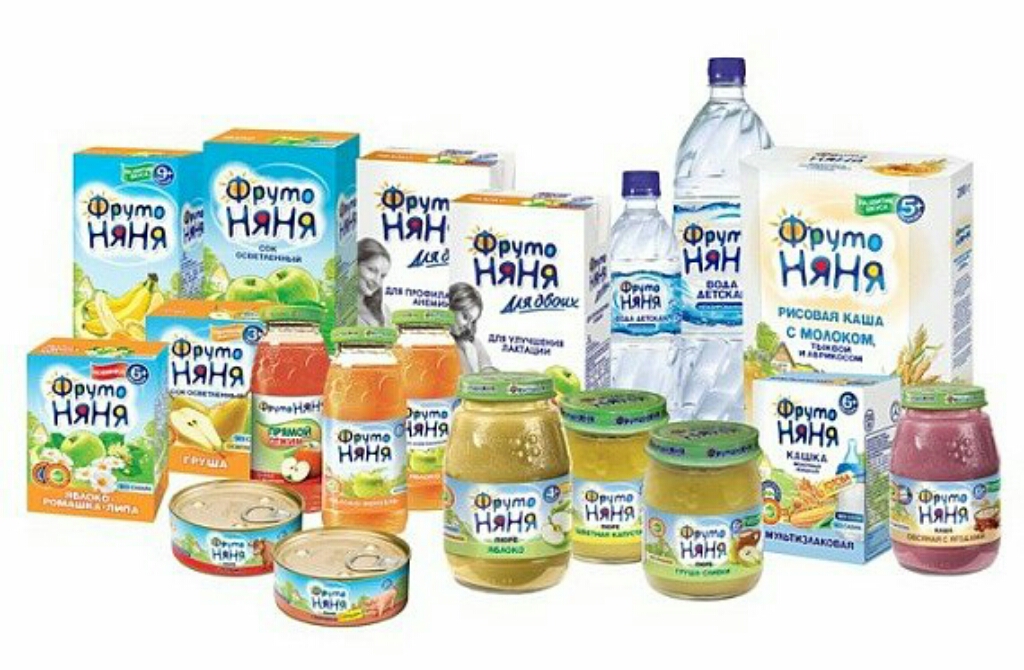 nine0003
nine0003
14
610.00488.00 Р
– 20% Bestseller
Nestle corn porridge without milk 200 gr.
17
111.55 P
Bestseller
Nestle buckwheat porridge without milk 200 gr.
36
189.00151.20 Р
– 20% Bestseller
Nestle oatmeal porridge without milk 200 gr.
30
142.25 P
Bestseller
Kabrita Gold 3 drink based on goat milk 800 gr.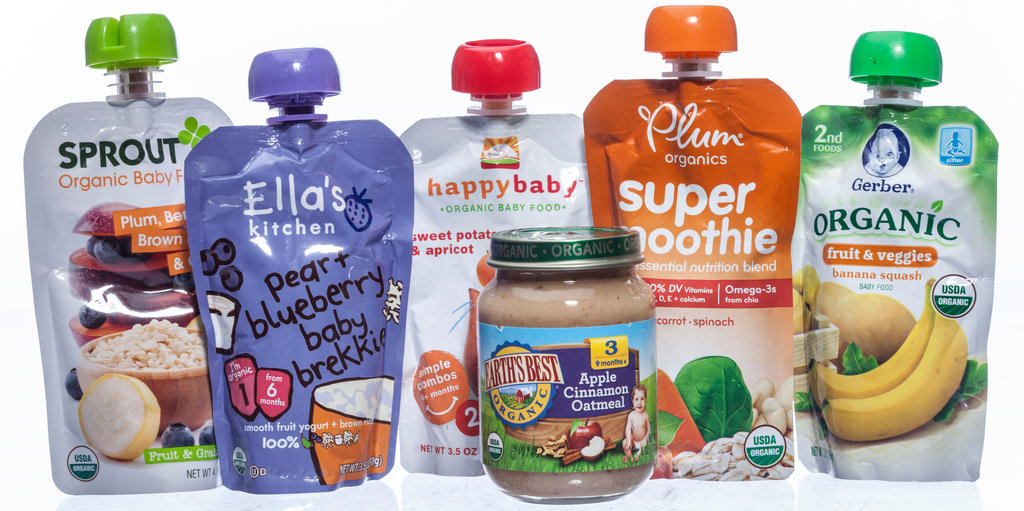
54
3,134.122 664.00 R
- 15% Bestseller
Nestle multi-cereal porridge 5 cereals without milk 200 gr.
30
167.35142.25 R
- 15% Bestseller
Mamako buckwheat porridge with goat milk 200 gr. nine0003
23
495.00396.00 Р
– 20% Bestseller
Nan Optipro 3 milk drink 400 gr.
10
776.28698.65 Р
– 10% Bestseller
Kabrita buckwheat porridge with apple and apricot in goat milk 180 gr.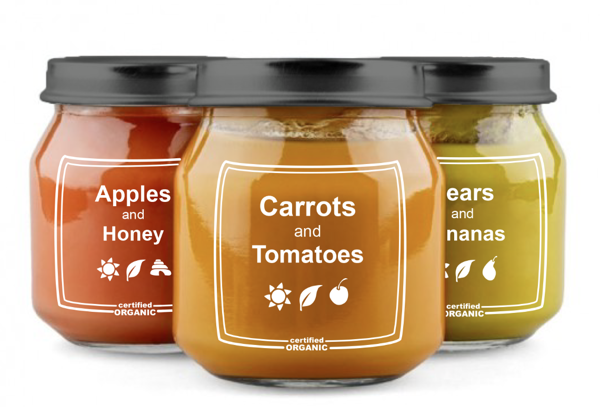 nine0003
nine0003
6
620.00496.00 Р
– 20% Bestseller
Similac Pediashur Maloezhka natural taste 200 ml.
21
171.11154.00 Р
– 10% Bestseller
Nestle buckwheat porridge with dried apricots milk 200 gr. pouch nine0003
23
215.65183.30 R
- 15% Bestseller
Nestle multi-cereal porridge with apple, blueberry and raspberry milk 200 gr. pouch
18
192.83173.55 Р
– 10% Bestseller
Nestle milk oatmeal porridge with apple 200 gr.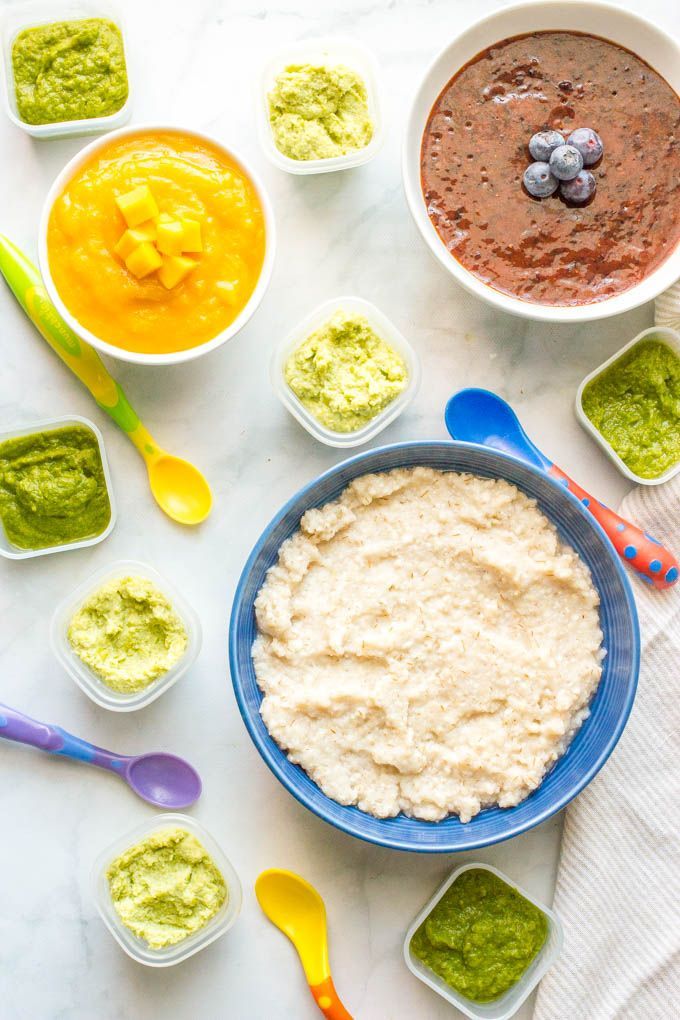 pouch nine0003
pouch nine0003
21
192.83173.55 Р
– 10% Bestseller
Nestle multi-cereal with pear and peach dairy 200 gr. pouch
27
192.83173.55 Р
– 10% Bestseller
Nestle wheat porridge with milk pumpkin 200 gr. pouch nine0003
20
224.17201.75 Р
– 10% Bestseller
Nestozhen 3 milk drink 300 gr.
14
401.18341.00 R
- 15% Bestseller
Nestozhen 3 milk drink 600 gr.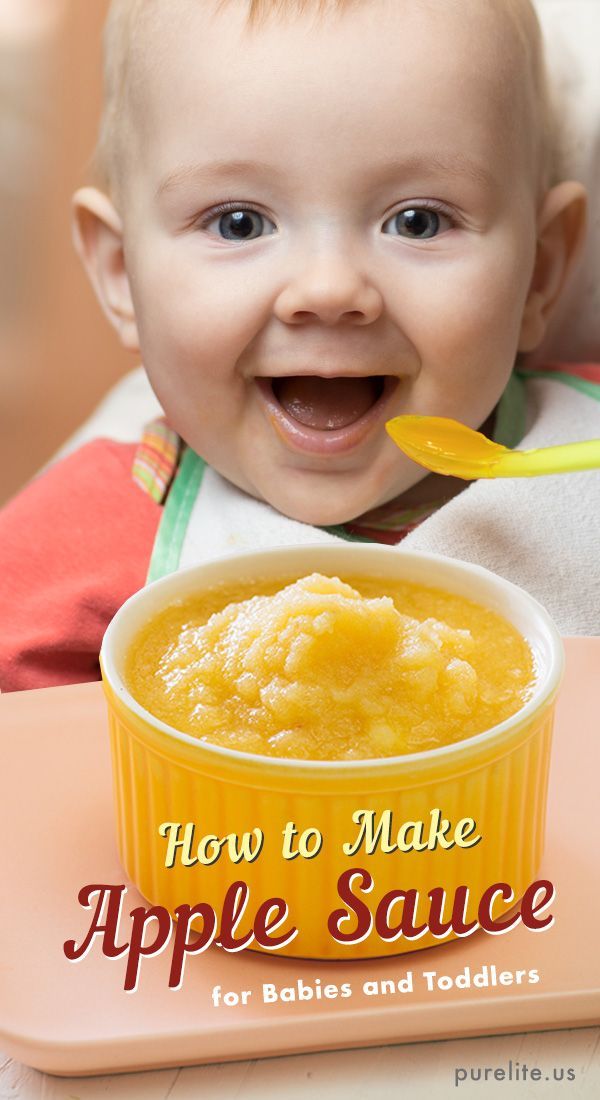
21
681.82579.55 R
- 15% Bestseller
Nestozhen 4 milk drink 300 gr.
10
416.50333.20 Р
– 20% Bestseller
Nestozhen 4 milk drink 600 gr.
5
681.82579.55 R
- 15% Bestseller
Nan Optipro 1 milk mixture 1050 gr.
11
1 102.95 P
Bestseller
Fleur Alpin oat-corn porridge without milk 175 gr.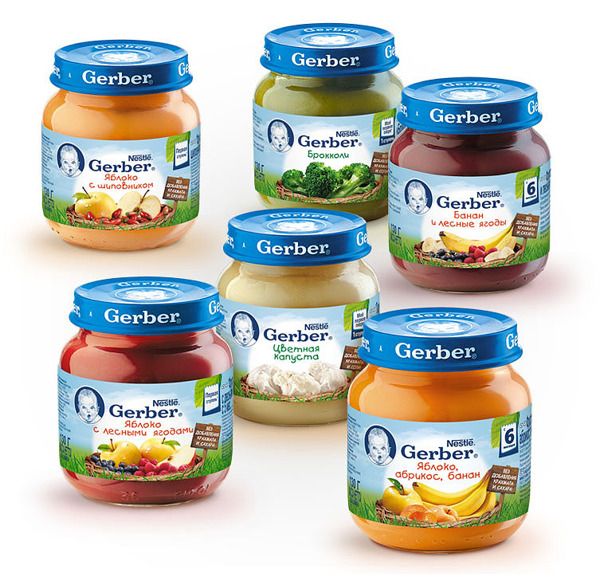
48
383.08249.00 R
- 35% Bestseller
Nan Optipro 4 milk drink 1050 gr.
5
2 100.141 470.10 Р
– 30% Bestseller
Nan Optipro 3 milk drink 1050 gr.
4
2 100.141 470.10 R
– 30% Bestseller
Nutrilon 1 comfort mix 900 gr.
10
2,287.651 944.50 P
- 15%
Gerber juice apple grapes and wild rose clarified 175 ml/12 pcs.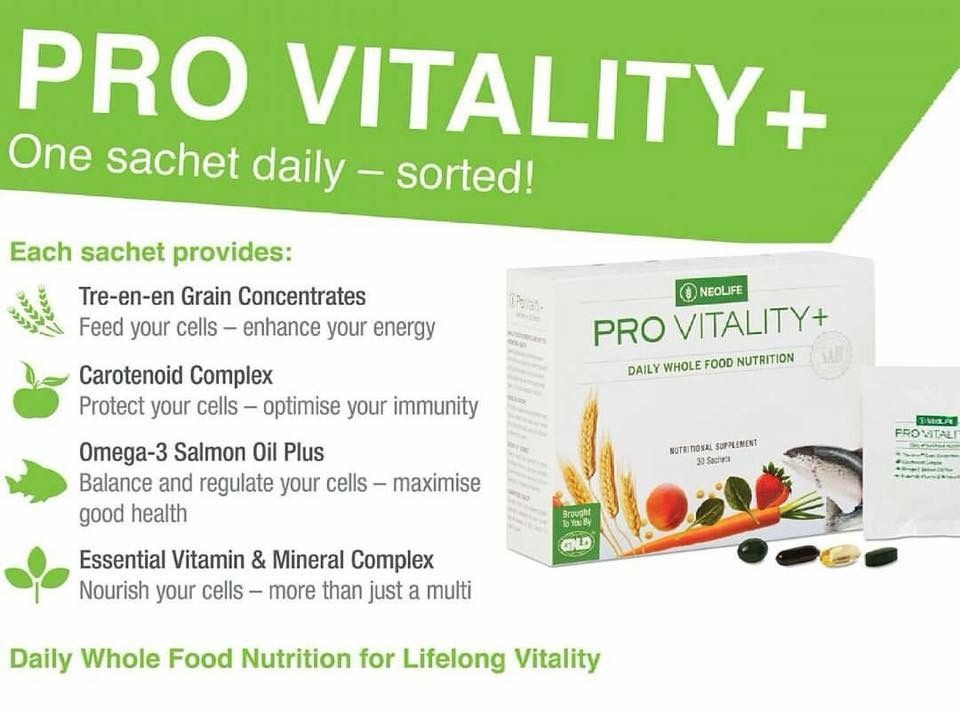
13
172.71146.80 R
- 15%
Nutrilon Pepti Gastro mix 450 gr.
11
2,191.761 863.00 P
- 15%
Gerber puree pumpkin 80 gr./6 pcs.
44
94.20 P
Nutrilon 2 comfort mix 400 gr. nine0003
2
1 202.351 022.00 P
- 15%
Nutrilon Premium 1 milk formula 1200 gr.
12
1,686.471 433.50 P
- 15%
Baby multi-cereal porridge with apple, pear and milk plum 220 gr.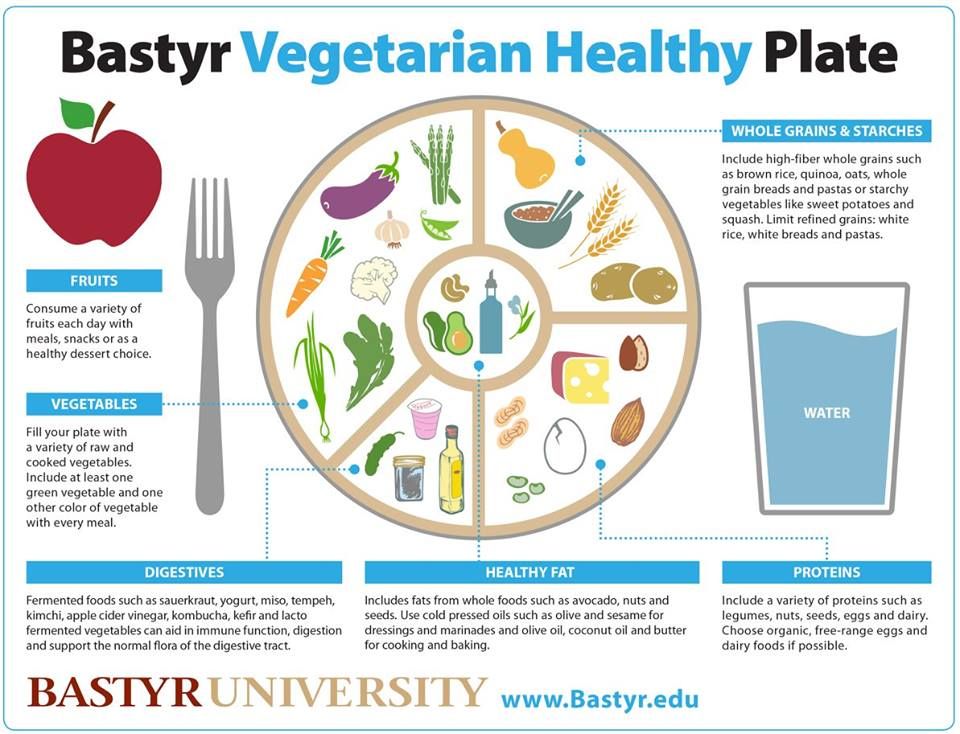 nine0003
nine0003
9
175.94158.35 P
- 10%
Baby rice milk porridge 250 gr.
10
175.94158.35 P
- 10%
Gerber prunes puree 80 gr./6 pcs.
90
94.20 P
Malyutka corn milk porridge 220 gr.
10
175.94158.35 P
- 10%
Nestle Alfare Allergy mix 400 gr.
7
1,659.00 P
Baby 3 milk drink 1200 gr.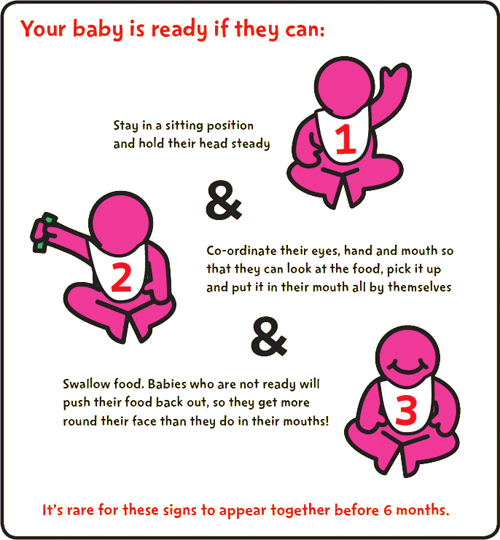 nine0003
nine0003
7
1,403.531 193.00 P
- 15%
Nutrilon 2 hypoallergenic mixture 400 gr.
3
1 312.351 115.50 P
- 15%
Nutrilon 2 comfort mix 800 gr.
13
2 112.351 795.50 P
- 15%
Baby 1 milk mixture 1200 gr.
5
1 209.441 088.50 P
- 10%
Nutrilon Premium 3 milk drink 800 gr.
5
1,550.591 318.00 R
- 15%
Nan Optipro 1 milk mixture 800 gr.
61
903.60 P
Baby porridge buckwheat milk 225 gr.
7
176.00158.40 P
- 10%
Nan PRE milk formula for small and premature babies 400 gr. nine0003
5
1,379.35 P
Nutrilon lactose-free mixture 400 gr.
21
1,455.291 237.00 P
- 15%
Gerber juice apple and pear clarified 175 ml/12 pcs.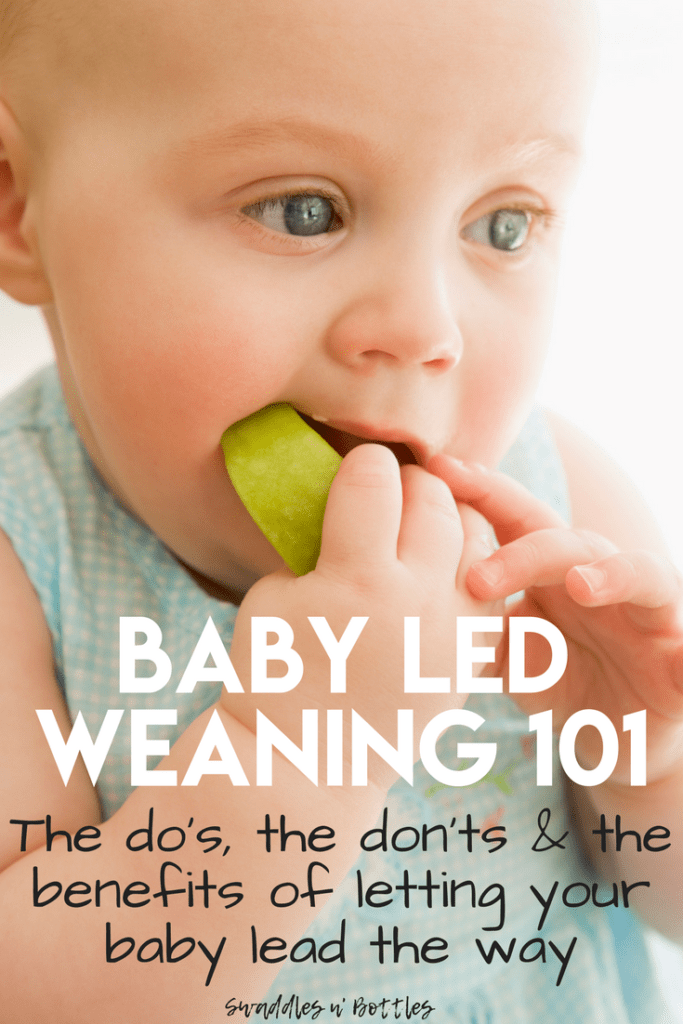
15
172.71146.80 P
- 15% nine0003
Nutrilon Premium 3 milk drink 400 gr.
2
921.18783.00 P
- 15%
Baby wheat porridge with milk pumpkin 220 gr.
30
175.94158.35 P
- 10%
Gerber puree pear 80 gr./6 pcs. nine0003
61
94.20 P
Nan Expert Pro 3 fermented milk mixture 400 gr.
9
972.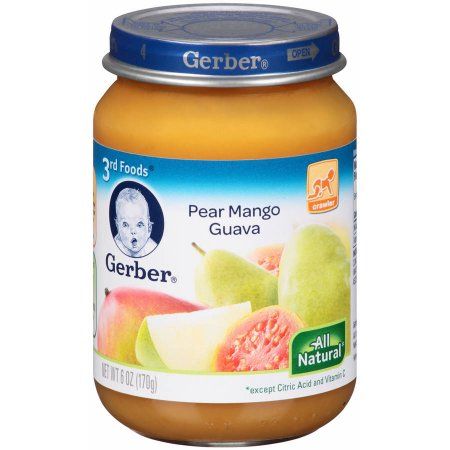 94827.00 P
94827.00 P
- 15%
Nutrilon Pepti Allergy mix 400 gr.
6
2,052.941 745.00 P
- 15% nine0003
Nutrilon anti-reflux milk formula 400 gr.
3
1,467.061 247.00 P
- 15%
Baby 2 milk mixture 600 gr.
13
682.35580.00 P
- 15%
Nutrilon Premium 4 milk drink 800 gr. nine0003
3
1,464.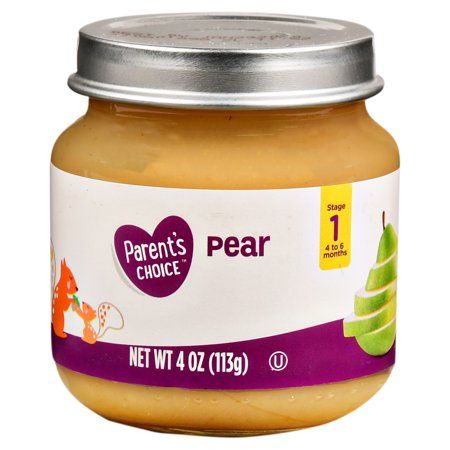 441 318.00 P
441 318.00 P
- 10%
Gerber bar with apple and grapes 25 gr.
156
73.3355.00 R
- 25%
Nan Optipro 2 milk mixture 400 gr.
21
595.05 P
Nan Optipro 2 milk formula 800 gr.
44
903.60 P
Nutrilon Premium 4 milk drink 400 gr.
1
920.59782.50 P
- 15%
Nestle Alfare Amino mix 400 gr.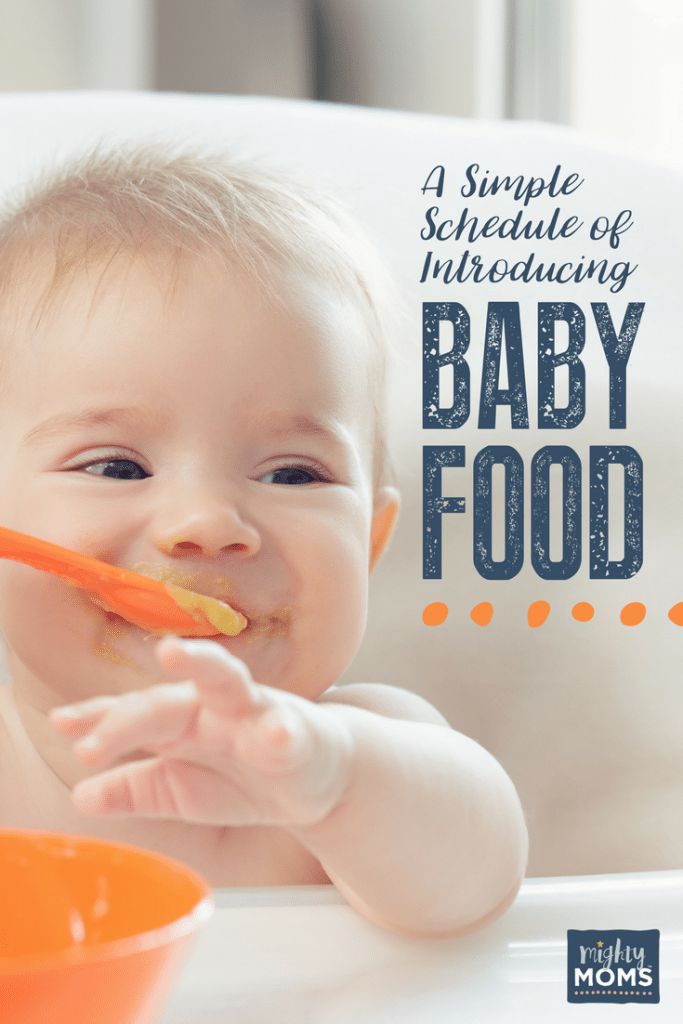 nine0003
nine0003
9
3,782.35 P
Nestle Alfare mix 400 gr.
5
1,794.00 P
Nutrilon 1 hypoallergenic mixture 800 gr.
5
2,095.561 886.00 P
- 10%
Nutrilon 2 hypoallergenic mixture 800 gr. nine0003
7
2,218.821 886.00 P
- 15%
Nutrilon Pepti Allergy mix 800 gr.
22
3,760.003 196.00 P
- 15%
Nutrilon Premium 3 milk drink 1200 gr.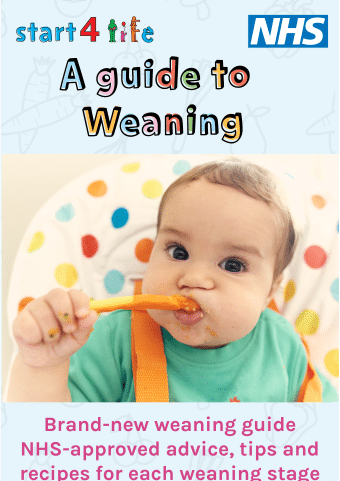
8
2211.761 880.00 P
- 15%
Nan Expert Pro lactose-free mixture 400 gr.
29
1,089.95 P
Nan Optipro 1 milk mixture 400 gr.
14
629.65 P
Nan 1 fermented milk mixture 400 gr. nine0003
13
788.35 P
Baby porridge oatmeal without milk 200 gr.
15
133.83120.45 P
- 10%
Nutrilon Premium 1 milk formula 600 gr.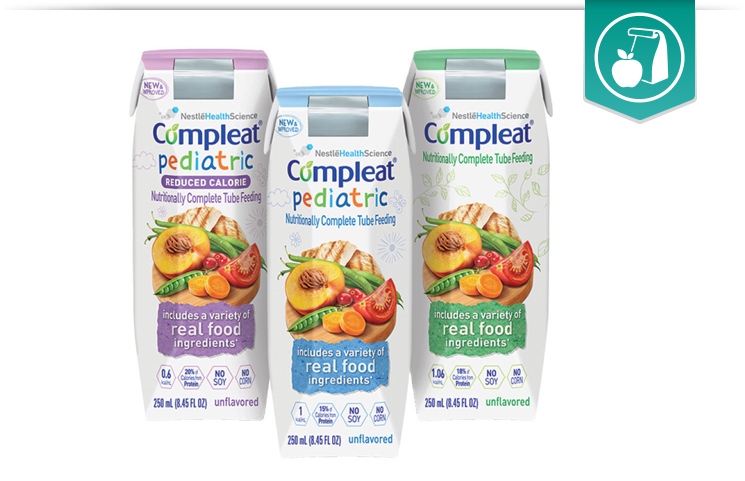
2
964.71820.00 P
- 15% nine0003
Baby rice porridge without milk 200 gr.
12
133.83120.45 P
- 10%
Nan Expert Pro triple comfort blend 800 gr.
60
1507.10 P
Nan Expert Pro 3 hypoallergenic mixture 400 gr. nine0003
46
985.33739.00 R
- 25%
Nutrilon Amino acids Syneo mix 400 gr.
1
3,767.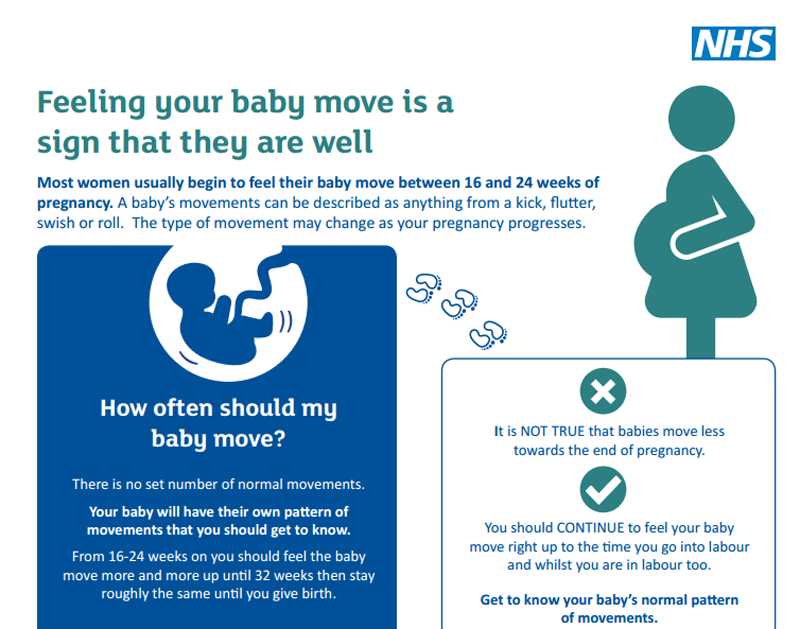 783 391.00 P
783 391.00 P
- 10%
Nutrilon 1 hypoallergenic mixture 400 gr.
6
1,312.351 115.50 P
- 15%
Gerber puree carrots 80 gr./6 pcs.
22
94.20 P
Baby 2 milk mixture 1200 gr.
11
1,280.591 088.50 P
- 15% nine0003
Gerber broccoli puree 80 gr./6 pcs.
10
100.1190.10 P
- 10%
Nan 2 fermented milk mixture 400 gr.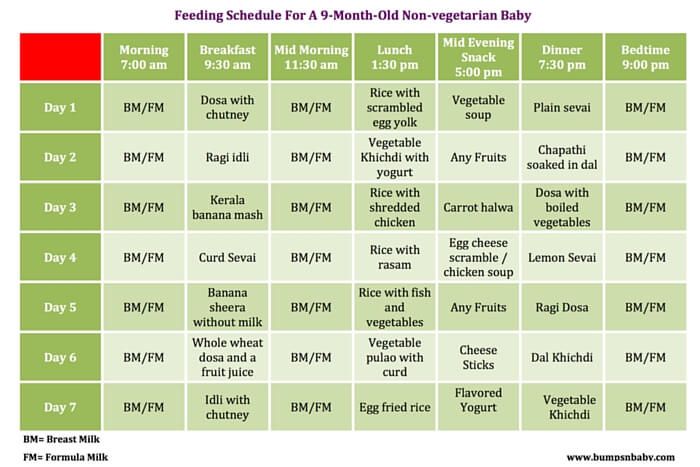
19
807.50 P
Baby 1 milk mixture 600 gr. nine0003
7
682.35580.00 P
- 15%
Nan Supreme milk mixture 400 gr.
28
1,199.00 P
Gerber puree rabbit 80 gr./6 pcs.
80
195.45 P
Nutrilon buckwheat porridge without milk 180 gr. nine0003
8
276.94249.25 P
- 10%
Nutrilon corn porridge without milk 180 gr.
14
276.94249.25 P
- 10%
Nutrilon porridge multi-cereal without milk 180 gr.
9
276.94249.25 P
- 10%
Nutrilon oatmeal porridge without milk 180 gr.
10
276.94249.25 P
- 10%
Nutrilon Profotura 1 milk formula 800 gr.
4
3 280.171 968.10 P
- 40%
Nutrilon rice porridge with apple without milk 180 gr.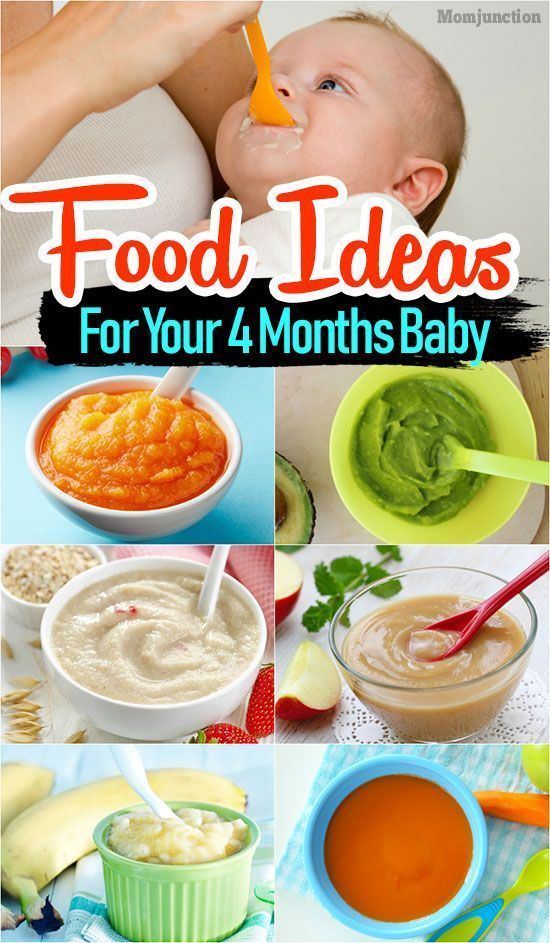
1
276.94249.25 P
- 10%
Nan Supreme milk mixture 800 gr.
46
1,766.95 R
Gerber puree pumpkin and sweet potatoes 125 gr./6 pcs.
21
151.85 P
Nestogen 1 milk mixture 1050 gr.
83
813.50 P
Nestogen 2 milk mixture 1050 gr.
81
813.50 R
Gerber porridge buckwheat without milk 180 gr.
11
282.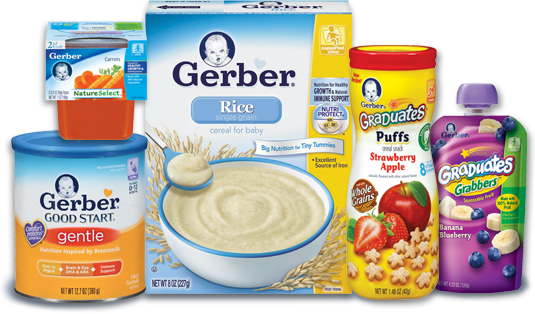 00253.80 P
00253.80 P
- 10%
Gerber porridge multi-cereal with apple and prunes without milk 180 gr.
7
282.00253.80 P
- 10% nine0003
Nan Expert Pro 1 hypoallergenic mixture 800 gr.
57
1,366.00 P
Nan Expert Pro 2 hypoallergenic mixture 800 gr.
54
1406.00 P
Nestogen 1 milk mixture 300 gr.
13
299.00 P
Nestogen 1 milk mixture 600 gr.